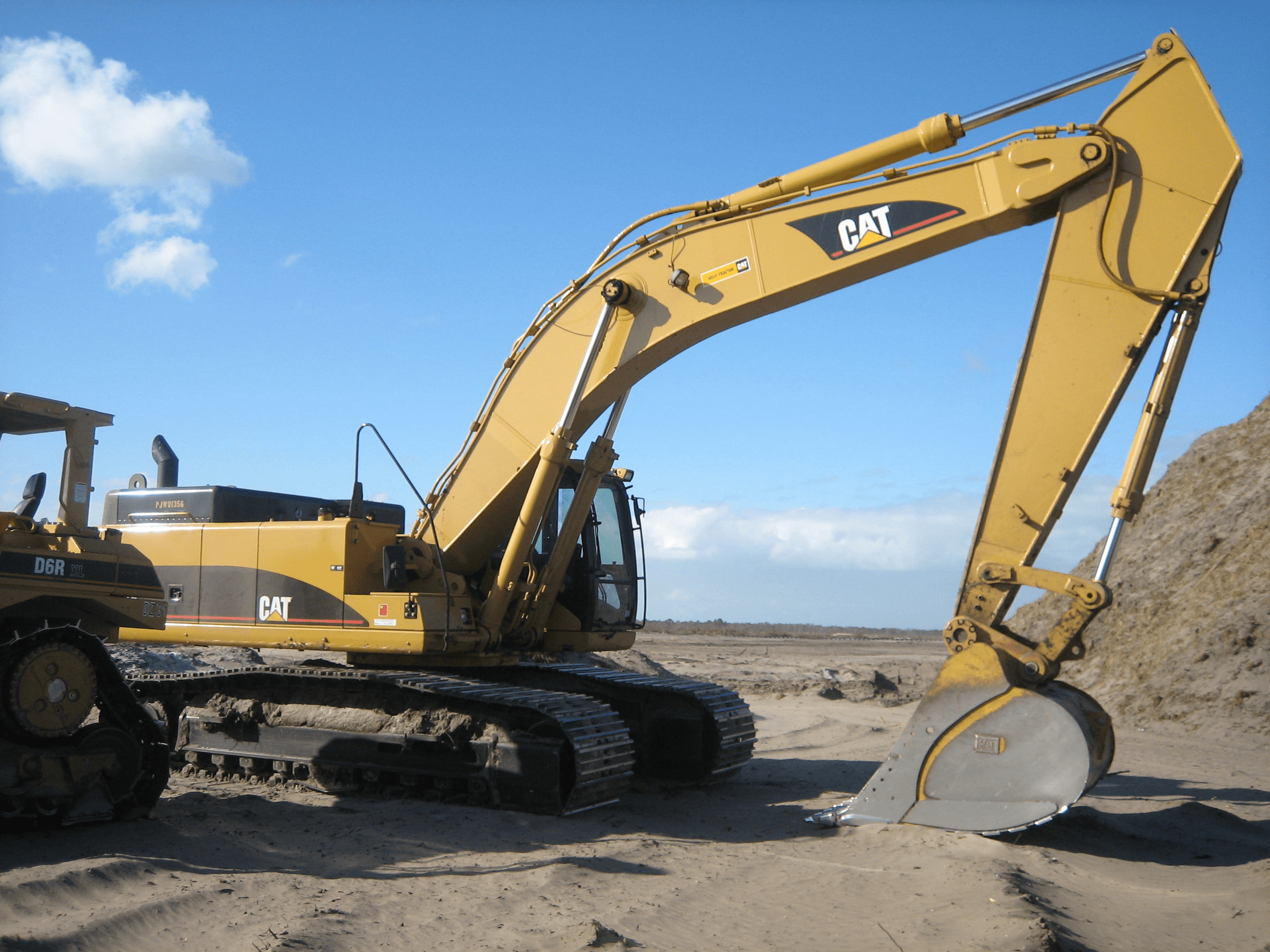Commercial Lancaster Trenching - Trenching Providers for Companies in Lancaster
In-Depth Exploration: The Scientific Research Behind Superior Excavation Practices
The realm of excavation techniques is a domain name where science links with craftsmanship to discover the secrets concealed below the planet's surface. From ancient hand devices to contemporary hydraulic excavators, the development of excavation strategies has actually been a testament to human resourcefulness and technical developments. Nevertheless, what absolutely sets exceptional excavation methods apart is a deep understanding of geological principles, combined with the application of advanced devices and techniques. By discovering the scientific research behind these practices, we can uncover the secrets that lie beneath our feet and appreciate the accuracy and proficiency that go right into every dig.
Advancement of Excavation Techniques
Throughout history, the evolution of excavation techniques has played an important duty beforehand building and construction practices and archaeological discoveries. From the fundamental tools used by our ancestors to the advanced equipment used in modern-day times, the progression of excavation methods has actually dramatically transformed just how we come close to different jobs.
In ancient times, manual work with fundamental tools such as pickaxes, wheelbarrows, and shovels was the primary technique of excavation. This labor-intensive process limited the deepness and extent of excavations, frequently resulting in sluggish progress and restricted accessibility to specific sites. Nonetheless, as worlds advanced, so did the devices and methods utilized for excavation.
The Industrial Transformation marked a transforming point in excavation methods with the introduction of steam-powered machinery. In modern times, innovation plays an essential duty in excavation, with improvements like GPS systems, drones, and 3D scanning boosting accuracy and performance in the area.
Role of Innovation in Excavation

The integration of sophisticated technology has actually essentially changed the field of excavation, improving precision and effectiveness to extraordinary levels. Among the essential technological improvements that has significantly impacted excavation practices is the utilization of GPS systems. These systems enable accurate mapping of excavation sites, making it possible for operators to accurately situate below ground energies and structures. Additionally, using telematics in excavation devices has actually allowed real-time surveillance of device efficiency, causing positive upkeep and boosted operational performance.
Moreover, the development of 3D modeling and simulation software program has streamlined the planning process for excavation jobs. Operators and engineers can now envision the whole excavation process before damaging ground, determining prospective difficulties and optimizing process. In conjunction with this, the execution of drones in excavation activities has assisted in airborne surveys, volumetric dimensions, and site evaluations with unequaled rate and precision.
Geological Concepts in Excavation
An understanding of geological concepts is essential for check it out guaranteeing the structural stability and security of excavation sites. Geological variables play a vital function in figuring out the expediency and safety of excavation tasks (dump truck companies in ohio). One vital geological principle to consider is the kind of soil or rock present at the website. Various soil kinds, such as sand, gravel, or clay, have varying levels of security and require different excavation techniques. As an example, cohesive soils like clay may require extra assistance to avoid collapses, while sandy soils might be prone to disintegration throughout excavation.
By conducting detailed geological surveys and evaluation, designers and excavators can create methods to alleviate risks and make certain the effective conclusion of excavation projects. Ultimately, including geological principles into excavation practices is important for attaining safe, efficient, and lasting results.

Most Recent Devices for Excavation
In the world of excavation techniques, contemporary developments in tools have changed the effectiveness and accuracy of excavation processes. One of the most recent devices making waves in the sector is the use of drones furnished with innovative imaging innovation. These drones can provide comprehensive aerial studies of excavation sites, supplying real-time information on topography and potential threats. This details aids in far better planning and decision-making throughout the excavation procedure.
Another cutting-edge tool acquiring popularity is the implementation of 3D printing innovation for see here developing personalized excavation tools. This enables the production of specialized devices that are tailored to the particular needs of a job, boosting efficiency and reducing downtime.
Furthermore, advancements in materials science have actually caused the advancement of stronger and a lot more sturdy excavation tools. lancaster trenching. Tungsten carbide-tipped excavator attachments, for instance, offer remarkable efficiency in tough ground conditions, improving efficiency on-site
Scientific research's Influence on Excavation Practices

Furthermore, scientific study on dirt technicians and geotechnical engineering has given important understandings right into soil habits, enabling excavation specialists to make enlightened choices pertaining to excavation approaches and dirt stabilization techniques. In general, scientific research continues to drive advancement and improvement in excavation practices, making excavation jobs extra efficient, economical, and lasting.

Final Thought
Finally, the development of excavation techniques has actually been considerably influenced by innovations in modern technology and a deeper understanding of geological principles. The newest devices and equipment utilized in excavation have enhanced efficiency and precision in the area. The application of scientific knowledge has actually dramatically boosted excavation practices, bring about extra effective and sustainable approaches for excavating various sorts of materials.
In the world of excavation practices, contemporary innovations in devices have revolutionized the efficiency and accuracy of excavation procedures. By leveraging clinical principles, the excavation industry has been able to dramatically enhance effectiveness, precision, and safety and security in excavation processes. GPR permits excavation teams to non-invasively check and map subsurface structures, utilities, and possible dangers, allowing them to intend excavation tasks with higher precision and reduced danger of accidents.
In addition, clinical research study on dirt auto visit this site mechanics and geotechnical design has actually supplied valuable understandings into soil habits, enabling excavation experts to make enlightened decisions regarding excavation methods and soil stablizing methods. Generally, science continues to drive development and enhancement in excavation methods, making excavation jobs much more efficient, cost-efficient, and lasting.